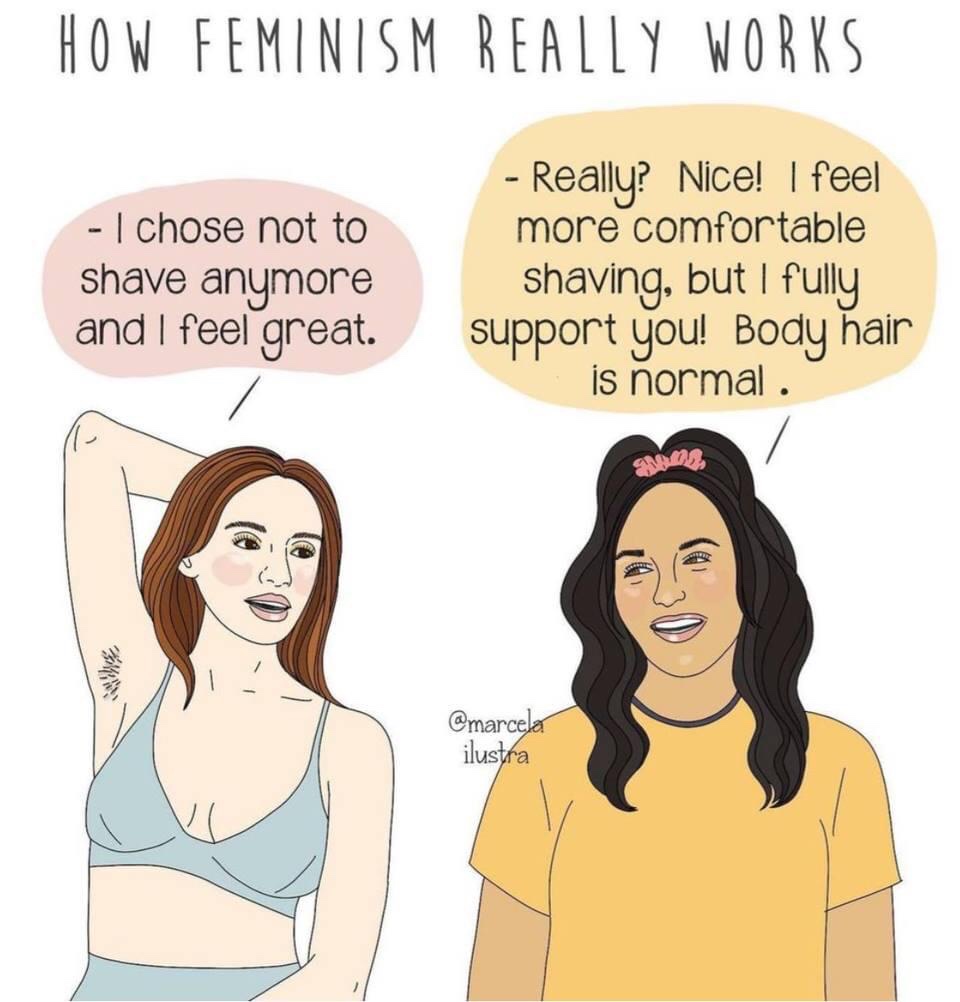One of the most exciting parts about home schooling is having the flexibility to try different classes and learning styles. When Walker was struggling with math a couple months ago, we switched him to a new learning program and it has done wonders for both his confidence and grasp of math concepts. Ellie has been exploring the idea of launching a webcomic or writing a novel, so we have been trying to support her in those goals, even as we sign her up for classes in different art styles.
On the other hand, home schooling means occasionally blundering into complicated discussions that would be dulled by the generally safe and palatable public school curriculum.
This morning we prodded Ellie to begin her next novel study. She was less than thrilled at having to read something challenging, so we decided to try and make it interesting for her by offering some books that might feel relevant and provide jumping off points for discussions about women in history and society. Alli was out on a grocery run, so I poked about on the internet and found a few articles listing recent works of feminist historical fiction. I skimmed over them, picked two that had some intriguing books, and forwarded the book lists to Ellie for her to consider.
I should have just told her to read a Toni Morrison novel. Or some Sylvia Plath poems. Go 90s new wave feminist and order up a reading of The Vagina Monologues.
A few minutes later, Ellie came stomping up from her basement lair to complain that the books all looked lame and she wasn’t interested in politics.
“What do you mean?” I asked.
“They’re all feminist books. I don’t want any more politics!”
I blinked.
I’m an English major. To me, the existence of feminist literature is as obvious as queer literary theory or the tension between modernism and post-modernism. Besides, the girl is woke as 🦆. I know she cares about women’s rights and the perspectives of traditionally othered persons.
I sometimes feel lost when talking to Ellie. I came into her life just as the teen angst was setting in and she definitely inherited her mother’s fiery intensity. Not a temper, not exactly, but a blaze in the eyes that says in no uncertain terms, “I will eat your soul if you finish the fruity pebbles.” So I decided to take a cautious approach.
“Why do you think feminism is political?” I asked, setting my voice to confused.
She rolled her eyes. “Everyone is always fighting about politics and I’m tired of it.”
She’s not wrong. Her daddy and uncle are quite a bit more conservative than the rest of us, but we all get along just fine and debates almost always end with laughter all around.
“So, you’re triggering on ‘feminist’ then? Think these are all going to be angry rants about the patriarchy?” Her mother had gone on a patriarchy rant within the last couple days, so it seemed appropriate to bring out that word.
“Yes! I just want people to get along and I want to read a good book and not have to think about politicians all the time.”
This is where I explained that few if any of the books had to do with politics. That the “feminist” in the list title referred to the books featuring female protagonists who were self motivated and strong, rather than solely celebrating the achievements of straight young white men from England or America. I almost veered into a passionate defense of underserved perspectives in literature and the value of reading against the hegemony, but I restrained myself.
“So can you look at the books again?”
She shrugged. “After I mow the lawn, sure. There better be something interesting.”
“Oh, I want to read several of them. I’m excited to see which book you choose because I’ll read it too.”
Well… that promise sure came back to haunt me, because after mowing the lawn Ellie promptly looked at the lists and picked the first book from the first list without even looking at the preview on Amazon. I admit that it does look interesting… but… well, we are still debating whether she gets to keep her selection.
More on that in part 2.
